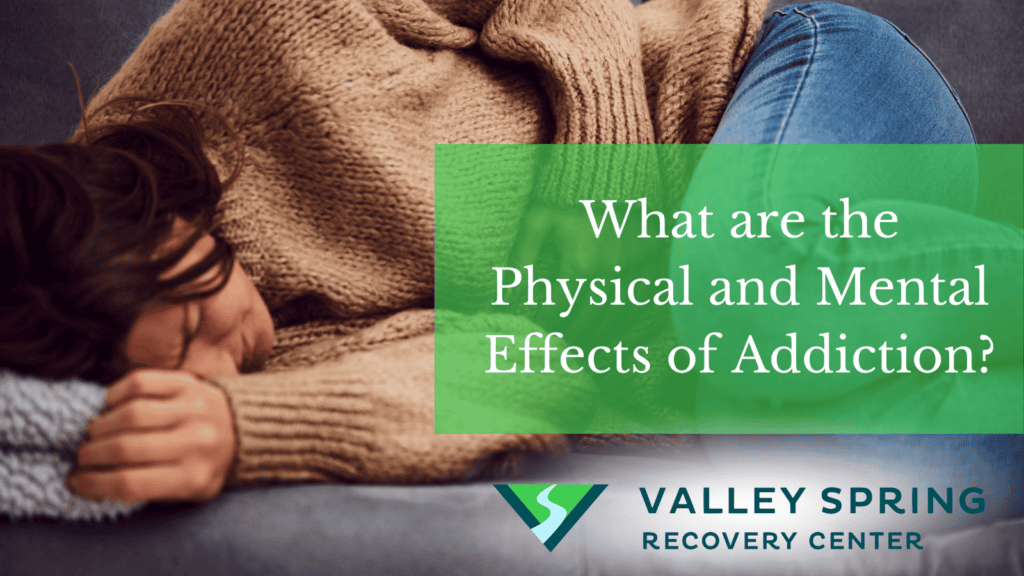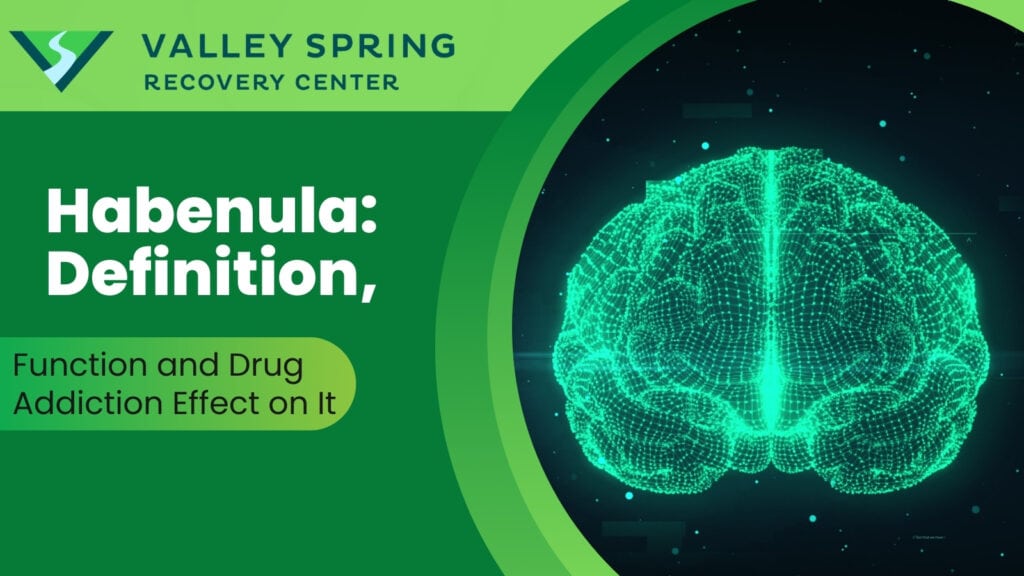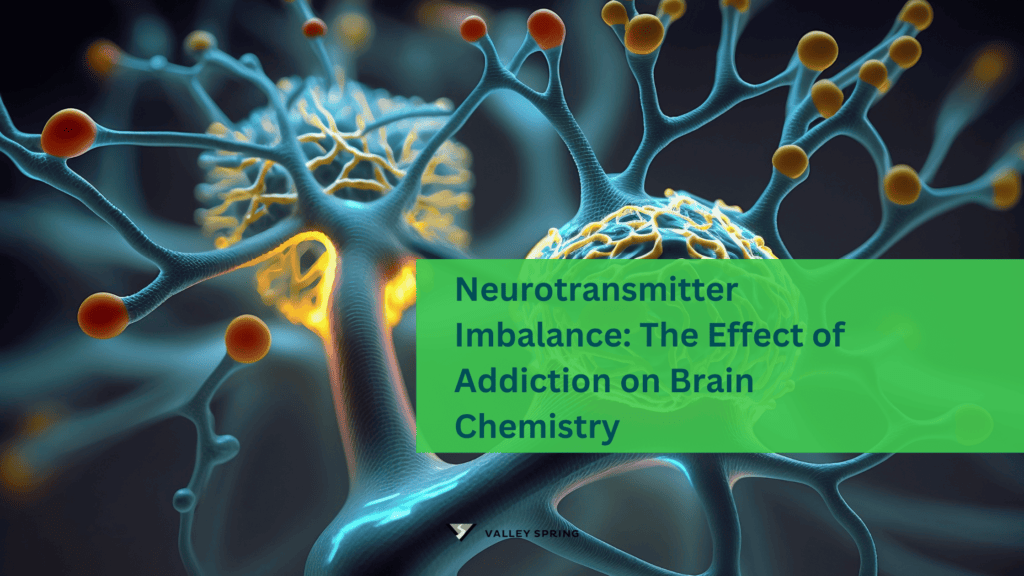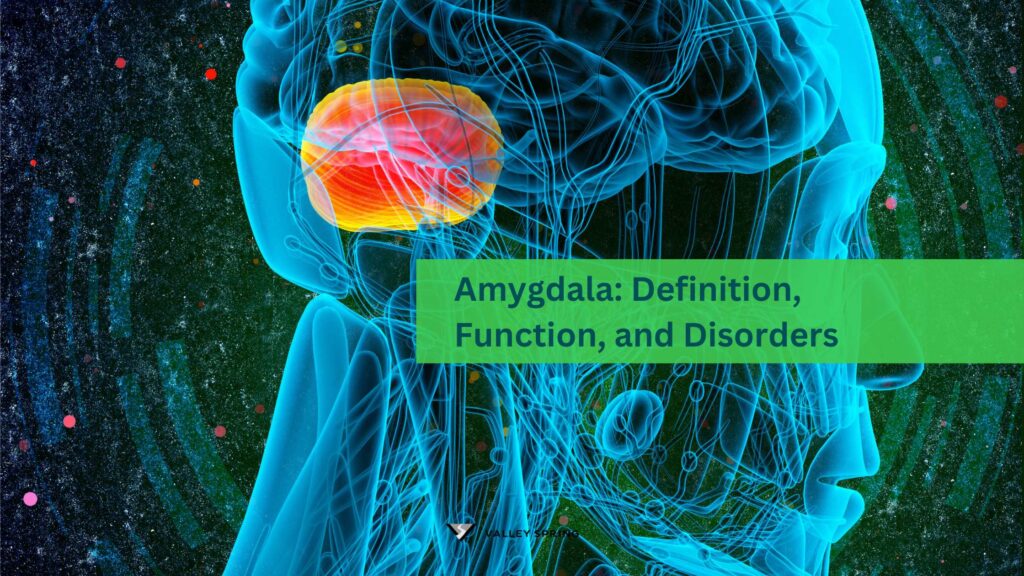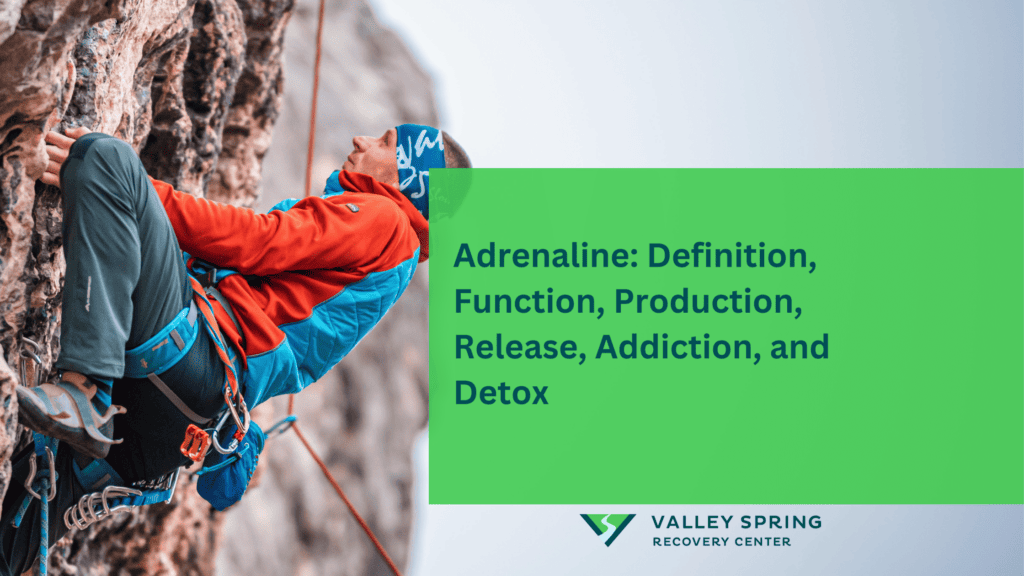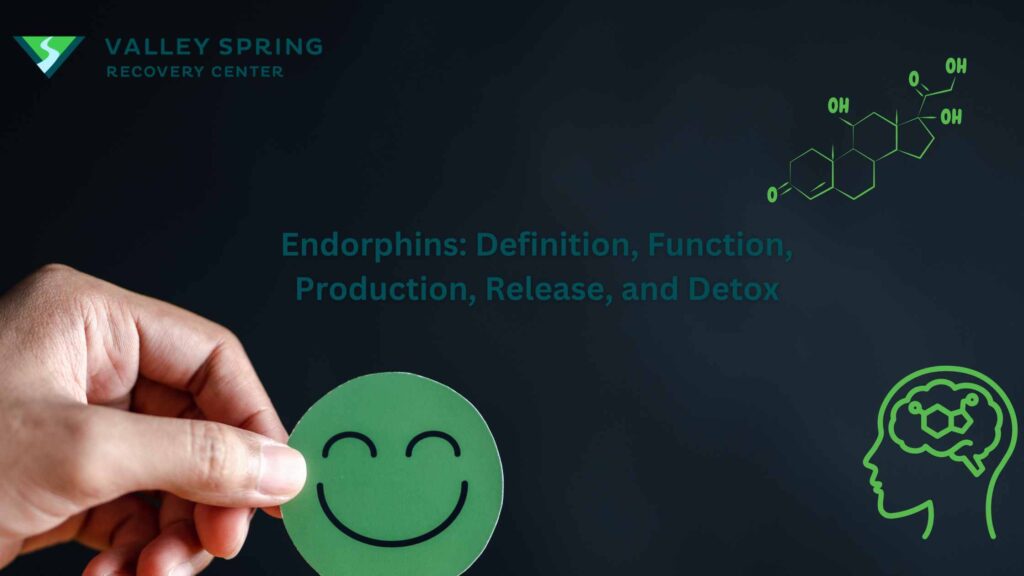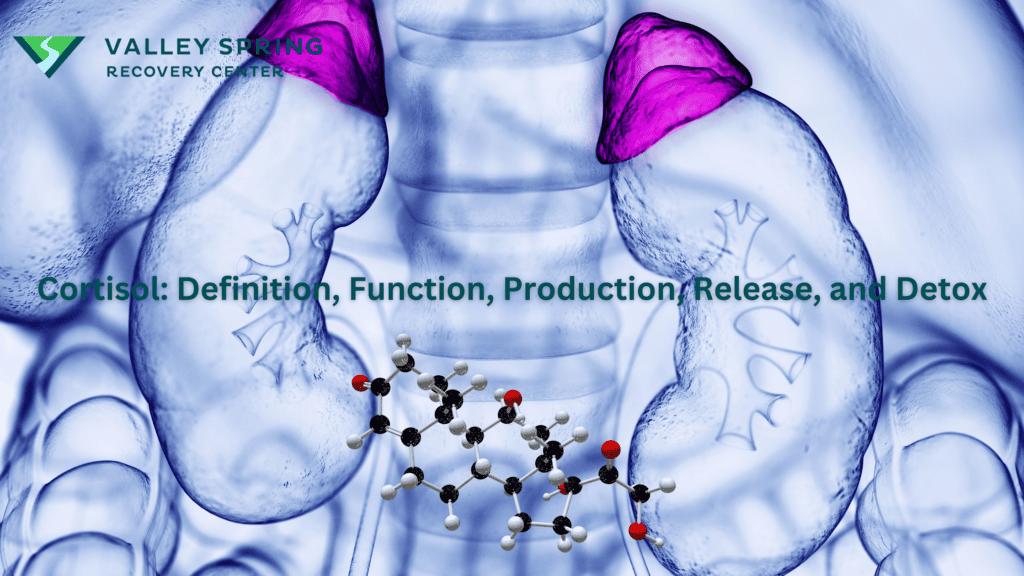Addiction casts a long shadow over the lives it touches, leaving a trail of physical effects. Substance use disorder reaches far beyond the visible signs of dependency, infiltrating every aspect of an individual’s life. It warps the brain’s chemistry, strains the heart, and burdens the liver, while simultaneously entangling the mind in a web of psychological challenges.
From organ damage, cognitive impairments, and deep emotional disturbances, the impact of addiction paints a picture that demands a closer, more empathetic look. As society struggles with this growing concern, understanding the full spectrum of addiction’s effects is more critical than ever.
Addiction takes a heavy toll on the body, affecting everything from brain function to heart health. It’s a condition that harms not just the mind but also physically damages vital organs, leading to serious health issues.
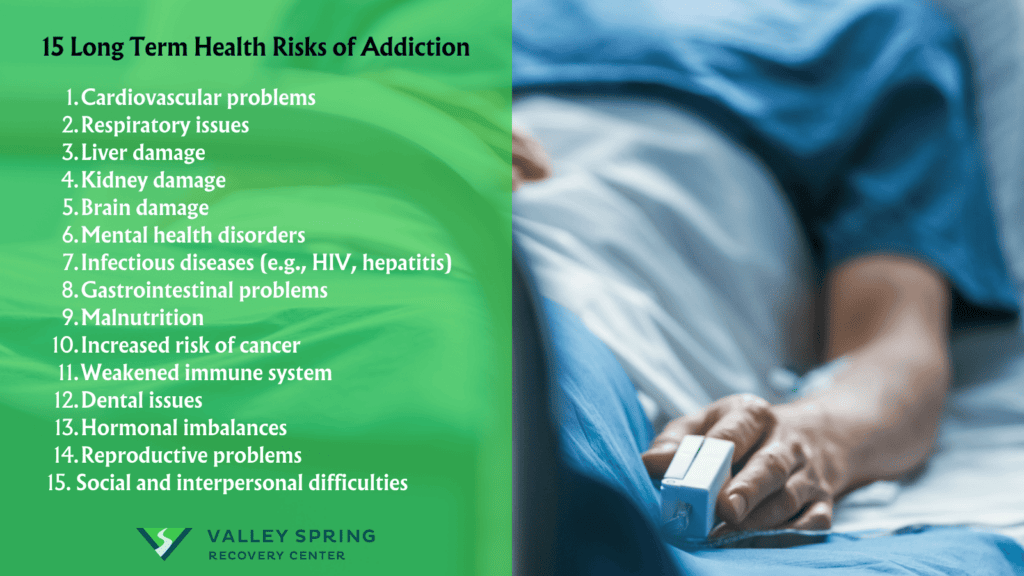
The 15 health risks associated with addiction are listed below.
- Brain damage
- Heart and Cardiovascular problems
- Respiratory issues
- Liver damage
- Kidney damage
- Mental health disorders
- Infectious diseases (e.g., HIV, hepatitis)
- Gastrointestinal problems
- Malnutrition
- Increased risk of cancer
- Weakened immune system
- Dental issues
- Hormonal imbalances
- Reproductive problems
- Neurological Disorders
1. The Brain
Addiction impacts the brain by altering the delicate balance of neurotransmitters and disrupts normal brain function. Substances like opioids, alcohol, and stimulants, each in their way, manipulate the brain’s reward system, leading to changes in mood, behavior, and cognitive abilities. Over time, these changes can become more permanent, affecting memory, decision-making, and even personality. The brain’s plasticity means it can adapt to these substances but at the cost of reducing its response to natural rewards, creating a dependency on the addictive substance for any sense of pleasure or normalcy.
Cerebral damage emerges from prolonged exposure to substances that disrupt brain chemistry and harm brain cells, resulting in cognitive deficits and diminished memory capacity.
2. Heart Health and Cardiovascular System
Addiction also takes a significant toll on heart health and the cardiovascular system. Stimulants, for instance, can increase heart rate and blood pressure, leading to heightened risks of heart attacks and strokes. Opioids and alcohol, on the other hand, can lead to a range of cardiovascular problems including irregular heart rhythms and weakened heart muscles. The stress that addiction places on the heart is often compounded by lifestyle factors associated with addiction, like poor diet and lack of exercise, exacerbating the risk of long-term heart conditions.
Addiction, especially to substances like cocaine and methamphetamine, can lead to significant cardiovascular issues. These substances can cause immediate effects such as increased heart rate and blood pressure, leading to long-term risks including heart attacks, strokes, and chronic hypertension. The strain on the heart and vascular system can result in irreversible damage over time.
An addicted person will suffer the effects of cardiovascular problems if they continuously abuse substances that strain the heart, like stimulants, which can elevate heart rate and blood pressure to dangerous levels.
3. Respiratory Issues
Inhalation of substances like tobacco, marijuana, and various inhalants can cause extensive damage to the respiratory system. Smoking can lead to chronic obstructive pulmonary disease (COPD), lung cancer, and emphysema. Even substances not traditionally associated with lung damage, like opioids, can result in respiratory depression and decreased oxygen levels in the blood, exacerbating or leading to respiratory issues.
An addicted person will have respiratory issues if they smoke or inhale drugs, leading to chronic lung diseases such as COPD or lung cancer over time.
4. Liver
The liver is the body’s primary detoxifying organ and as such, is particularly vulnerable to the effects of addiction. Alcohol and other drugs cause inflammation, fatty liver disease, and more severe conditions like cirrhosis and liver cancer. The physical effects of addiction extend beyond the liver to the kidneys, lungs, and even the gastrointestinal system are all impacted from addiction. These organs may become compromised due to the direct toxic effects of substances or indirectly through the consequences of an unhealthy lifestyle and poor self-care habits that often accompany addiction.
The liver is crucial in processing substances and removing toxins from the body. Alcohol, in particular, can cause fatty liver, alcoholic hepatitis, fibrosis, and cirrhosis. Other substances, including over-the-counter medications abused in the context of addiction, can also cause significant liver damage.
Liver damage occurs if alcohol or drugs are consumed excessively which requires the liver to overwork, leading to conditions like cirrhosis or liver failure.
5. Kidney Damage
Substances like heroin, inhalants, and synthetic drugs can cause kidney damage directly through toxic effects or indirectly by leading to severe dehydration and breakdown of muscle tissue, which then clogs the kidney filters. Chronic use can lead to kidney failure.
Kidney impairment can result from habitual substance use that induces dehydration, escalates blood pressure, or directly harms kidney cells, increasing the risk of chronic kidney disease or failure.
6. Mental Health Disorders
Substance use disorder frequently co-occurs with mental health disorders such as depression, anxiety, bipolar disorder, and schizophrenia. Substance abuse can exacerbate these conditions, and in some cases, substances may be initially used as a form of self-medication for pre-existing mental health issues, creating a vicious cycle.
Psychological disorders may develop or worsen due to substance misuse, exacerbating conditions such as depression, anxiety, or psychosis, and complicating treatment for both addiction and mental health.
7. Infectious Diseases
The lifestyle associated with addiction, including needle sharing and unprotected sex, increases the risk of infectious diseases like HIV and hepatitis. These conditions can further complicate addiction by adding additional health burdens and complicating treatment efforts.
Infectious diseases are more likely when addiction prompts behaviors like needle sharing or unprotected sexual encounters, heightening the risk for HIV, hepatitis, and other infections.
8. Gastrointestinal Problems
Substance abuse can lead to a range of gastrointestinal issues, from acute conditions like pancreatitis and peptic ulcers to chronic conditions such as chronic liver disease and gastroesophageal reflux disease (GERD).
Gastrointestinal disturbances are triggered by substance abuse, particularly alcohol, which can inflame and damage the digestive tract, leading to ulcers, gastritis, or pancreatitis.
9. Malnutrition
Addiction can lead to malnutrition either through decreased appetite and absorption of nutrients or through an increased metabolic rate. Alcoholism, for example, can lead to vitamin deficiencies that cause conditions like Wernicke-Korsakoff syndrome.
Nutritional deficiencies arise when substance addiction disrupts eating habits and the body’s ability to absorb nutrients, leading to significant weight loss and vitamin deficiencies.
10. Increased Risk of Cancer
Substances like tobacco and alcohol are well-known carcinogens. Chronic use can lead to cancer in various parts of the body, including the lungs, liver, throat, and pancreas.
Cancer risk escalates with the use of carcinogenic substances like tobacco or excessive alcohol consumption, significantly increasing the likelihood of developing lung, liver, throat, and other cancers.
11. Weakened Immune System
Substance abuse can weaken the immune system, making the body more susceptible to infections and diseases. This effect can compound the risks associated with infectious diseases and hinder the body’s ability to recover from illness.
Immune system suppression occurs with chronic substance use, weakening the body’s defenses and making it more susceptible to infections and diseases.
12. Dental Issues
Substances like methamphetamine (meth mouth) and even cannabis can cause significant dental health issues, including tooth decay, gum disease, and tooth loss.
Dental health deteriorates notably with addiction, especially to methamphetamine, causing severe dental decay, gum disease, and tooth loss.
13. Hormonal Imbalances
Addiction can disrupt the endocrine system, leading to hormonal imbalances that affect mood, metabolism, and sexual function. These imbalances can have wide-ranging effects on physical and mental health.
Endocrine system disturbances, including hormonal imbalances, result from substance abuse affecting mood, metabolism, and sexual health.
14. Reproductive Problems
Substance abuse can lead to reproductive issues such as menstrual cycle irregularities, reduced fertility, and complications during pregnancy, including risks to the fetus like neonatal abstinence syndrome (NAS) in the case of opioid addiction.
Reproductive health issues emerge from substance addiction, affecting sexual function and leading to complications like erectile dysfunction, menstrual irregularities, and pregnancy complications.
15. Neurological Disorders
Substance abuse can lead to various neurological disorders due to direct toxic effects on the brain, alteration in brain chemistry, and interference with neurotransmitters. These disorders can manifest as neuropathy, cognitive deficits, movement disorders, and an increased risk of strokes and seizures. Long-term addiction can result in significant and sometimes irreversible neurological damage, affecting both brain structure and function.
What Are The Long-Term Health Risks Associated with Chronic Addiction?

Chronic addiction can lead to a range of long-lasting, sometimes permanent, physical health problems. Prolonged substance abuse can irreversibly harm vital organs like the brain, liver, and heart. For instance, excessive alcohol consumption over time can lead to chronic liver diseases such as cirrhosis, while long-term opioid use can cause lasting changes in brain function. Similarly, the continued use of stimulants can result in cardiovascular problems that persist even after substance use stops. These conditions are extremely serious and show the potentially irreversible physical consequences of long-term addiction.
| Physical Effect of Addiction | Description |
|---|---|
| Cardiovascular Problems | Occur when stimulants elevate heart rate and blood pressure, straining the cardiovascular system. |
| Respiratory Issues | Develop from smoking or inhaling substances, damaging the lungs and leading to diseases like COPD or lung cancer. |
| Liver Damage | Results from excessive consumption of alcohol or drugs, overburdening the liver and causing conditions like cirrhosis or liver failure. |
| Kidney Damage | Arises when substance abuse leads to dehydration, high blood pressure, or direct toxicity, risking chronic kidney disease or failure. |
| Brain Damage | Happens due to persistent substance use that alters brain chemistry and damages cells, leading to cognitive impairments and memory loss. |
| Mental Health Disorders | Emerge when substance use exacerbates or triggers conditions such as depression, anxiety, or psychosis. |
| Infectious Diseases | Increase in risk due to behaviors like needle sharing or unprotected sex, leading to HIV, hepatitis, and other infections. |
| Gastrointestinal Problems | Occur as a result of inflammation and damage to the digestive tract from substances like alcohol, leading to ulcers and pancreatitis. |
| Malnutrition | Develops when substance use disrupts eating habits and nutrient absorption, causing weight loss and vitamin deficiencies. |
| Increased Risk of Cancer | Heightens with the use of carcinogenic substances like tobacco or alcohol, raising the risk of lung, liver, and throat cancers. |
| Weakened Immune System | Results from substance use impairing the body’s defenses, making the individual more susceptible to infections and illnesses. |
| Dental Issues | Are caused by addiction to substances like methamphetamine, leading to severe dental decay and tooth loss. |
| Hormonal Imbalances | Occur when substance abuse affects the endocrine system, leading to mood swings and metabolic issues. |
| Reproductive Problems | Arise from addiction impacting sexual health and fertility, causing erectile dysfunction and complications during pregnancy. |
| Neurological Disorders | Develop due to the direct toxic effects of substances on the brain, altering its function and leading to disorders like neuropathy and seizures. |
How Can the Physical Effects of Addiction Be Reversed?
Recovery from addiction is a powerful journey that works to undo the damage caused by substance abuse. It’s a process that helps the body heal physically and supports mental and emotional well-being. This path to recovery isn’t just about stopping substance use; it’s about rebuilding health and finding balance in life again. It occurs through continuous work on recovery to ensure a relapse does not occur while also taking care of physical health through eating the right food, exercising, and continuous care.
The process of recovery often begins with detoxification, where the body clears itself of substances, and this can be accompanied by withdrawal symptoms that vary in severity depending on the addiction’s duration and intensity. Following detox, physical recovery focuses on restoring the body’s health through nutrition, exercise, and sometimes medication to address specific health issues caused by addiction. For many, this phase also involves the healing of physical ailments such as liver damage or cardiovascular issues, with the extent of recovery varying from person to person.
What are the effects of drug abuse on unborn babies?
Drug abuse during pregnancy can have severe and lasting effects on unborn babies, leading to a range of health and developmental issues. Exposure to illicit drugs, alcohol, tobacco, and certain prescription medications in utero can significantly impact a baby’s growth and development both before and after birth.
Effects of Drug Abuse on Unborn Babies:
- Low Birth Weight: Babies exposed to drugs in utero are at a higher risk of being born with low birth weight (less than 5.5 pounds), a condition associated with increased risks of infant mortality, developmental delays, and chronic health issues.
- Premature Birth: Drug abuse during pregnancy increases the likelihood of premature birth, defined as delivery before 37 weeks of gestation. Premature infants are at a greater risk for respiratory, digestive, cognitive, and developmental problems.
- Neonatal Abstinence Syndrome (NAS): NAS is a condition seen in newborns exposed to drugs while in the womb. Symptoms can include tremors, seizures, irritability, poor feeding, and respiratory distress. According to the American Academy of Pediatrics, the incidence of NAS has increased fivefold from 2000 to 2012, with about 5.8 per 1,000 hospital births in the US being affected.
- Congenital Anomalies: There is an increased risk of congenital anomalies, including heart defects, brain malformations, and other physical deformities, in babies exposed to certain drugs during pregnancy.
- Developmental Delays: Exposure to substances can lead to developmental delays in children, affecting their cognitive, motor, and emotional skills. Studies have shown that prenatal exposure to substances like alcohol can result in Fetal Alcohol Spectrum Disorders (FASDs), affecting as many as 2 to 5 per 100 school children in the United States, according to the Centers for Disease Control and Prevention (CDC).
- Behavioral and Learning Problems: Children exposed to drugs prenatally may experience behavioral and learning difficulties, including attention deficit hyperactivity disorder (ADHD), problems with impulse control, and difficulties in school.
Why Does Alcohol Have Such Profound Physical Effects And Is Also One Of The Most Common and legal Addictive drugs?
According to the National Institute on Alcohol Abuse and Alcoholism, Alcohol contributes to more than 200 health conditions and more than 140,000 deaths in the U.S. each year, making alcohol one of the leading causes of preventable death. More than half of the deaths result from chronic heavy alcohol consumption while the remainder result from acute injuries sustained while intoxicated.
Alcohol’s profound physical effects and its status as one of the most common and legally available addictive substances can be attributed to several factors, including its widespread social acceptance, historical usage, and the complex way it affects the body and brain.
Why Does Heroin Make You Stay Young And Cocaine Make You Older?
Heroin and cocaine do not influence aging as myth suggests. Heroin abuse deteriorates health, leading to infections and nutritional deficiencies, while cocaine increases cardiovascular stress and skin issues, both contributing to a prematurely aged appearance. Substance abuse overall accelerates health decline.
What are the psychological effects of addiction?
Addiction leads to significant psychological effects, including increased anxiety, depression, mood swings, low self-esteem, and feelings of isolation. It can cause cognitive impairments, and difficulty in emotional regulation, and exacerbate or trigger mental health disorders, impacting overall well-being. The psychological effects of addiction are far-reaching and need to be addressed in addiction treatment for full recovery to occur.
How Does Drug Addiction Affect Neurotransmitters In The Brain?
Drug addiction creates neurotransmitter imbalance by increasing or decreasing their levels, affecting mood, behavior, and cognition. Substances like opioids and cocaine mimic natural neurotransmitters, disrupting normal brain communication and leading to dependency and altered mental states.
Dr. Michael Olla
All author postsShare This Post

